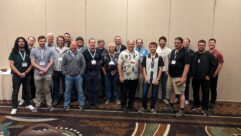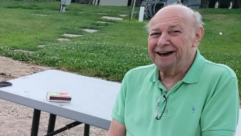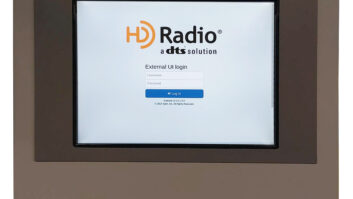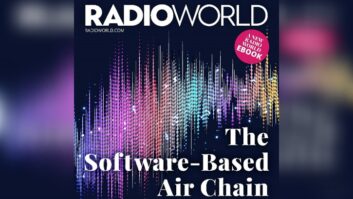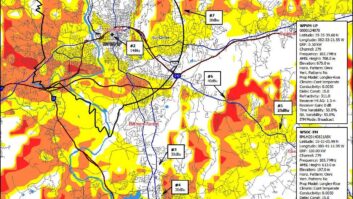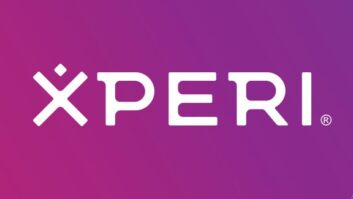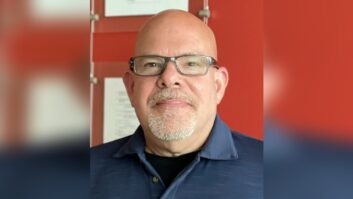Alan Jurison is a senior operations engineer for iHeartMedia. He recently previewed his upcoming NAB Show Broadcast Engineering Conference panel. The graphic is courtesy of DTS.
�
Radio: You�ll be part of a panel with DTS, John Kean, and representatives from Nautel and GatesAir talking about digital HD boosters. Why is this topic particularly relevant right now?
Jurison:�We are entering the fourth generation of �HD Radio transmission hardware it is not possible to have the timing of the HD Exgine system start up within a precision time window. As the industry looks to solve its diversity delay related issues on primary FM stations, this is an important problem to solve for the industry. Having a deterministic startup for Exgine to the level of precision needed for HD boosters helps individual stations with just a single transmitter site solve time alignment issues, but that same work can extend well with multiple HD transmitters in a coverage area, providing enhanced HD service.
�
Radio: When or where are HD Radio boosters most likely to be used?
Jurison: �There are some HD boosters already in use today, but their applications are limited due to the inability to control the timing with precision. Any mutual interference areas (locations where both the main and booster can be received simultaneously) the interference is almost always destructive. What this means is, if you employ a booster using commercial product today, anywhere you have mutual interference the HD data is not able to lock, leaving a poor experience for those listening. For the HD1, the radio blends to analog, which also typically does not sound good, as the analog is often impaired in these same areas by mutual interference. Syncing the timing of the HD exciters of the main and booster sites would offer a seamless handoff from the main HD signal to the booster or vice versa, offering a transparent transition. With the growing adoption of HD Radio in automobiles, this would significantly improve the listening experience in places where boosters are used today. Boosters are very common in the San Francisco and Los Angeles markets, for instance. Similarly, HD2/HD3 channels would have a seamless transition instead of silence. �That�s not possible today.
�
Historically, absent of major terrain blockages, many analog boosters in flat terrain areas have caused more problems than they helped solve. The ability of having HD only boosters (no analog) has the promise of allowing boosters to be placed in areas the industry typically has avoided due to the challenges of mutual interference on the analog signals. Stations may be able to consider employing HD boosters in areas they never would consider an analog FM booster. �This would be extremely helpful for stations with analog or digital coverage issues, or if it is a �rimshot� signal trying to serve an urban area from a very distant location.
�
Radio: What does research in this area tell us how to improve single transmitter stations to synchronize of analog and digital signals to eliminate diversity delay drift?
Jurison: If Exporters and Exciters can come up in a precise manner for booster operations, this would eliminate a common source of drift in single station installations.
�
Radio: Are there one or two best practices you can mention now in advance of the session?
Jurison: �No, there are not any commercial implementations of this technology. �Best practices will only be able to be recommended after we start employing systems out there and performing field trials. �Right now we have a clean slate.
�
Radio: What else should we know about this topic?
Jurison: DTS (formerly iBiquity) has done field tests, Nautel and GatesAir have done lab simulations, and the results are promising. What�s needed is for broadcasters to become more aware of this topic and express interest in products and solutions in this area. There are coverage gaps in some of the largest radio markets, and this will be a good way to fill them. I think the average broadcaster hasn�t been aware how HD SFN systems could be beneficial to them. There are a lot of details that many have not explored. I think if broadcasters were more aware of benefits boosters and what precise Exgine timing offered, that it will be very beneficial for this industry.�
��



